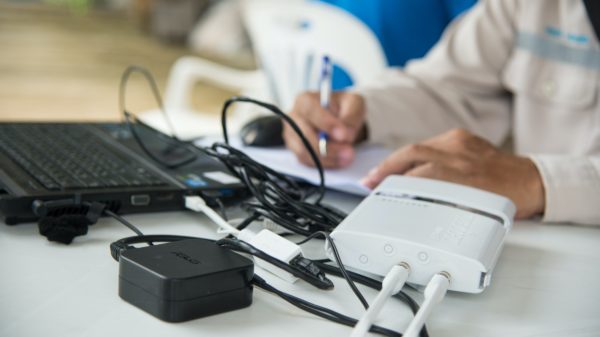If you want to start a freelance business but don’t have any money, you’re in luck. This article will show you exactly how to get started for free or close to it.
According to the Bureau of Labor Statistics, 20% of Americans work from home in some capacity (freelance or otherwise). And it’s no wonder — as technology advances and the world becomes increasingly connected, working remotely has become easier than ever before. Freelancing is here to stay!
But if you want to get involved with freelancing opportunities nowadays, two significant issues are facing those who are new: It’s harder than ever before for newbies to find jobs. More people are competing for gigs, and if you’re new to the game, you’ll have a hard time competing with those who already have established resumes.
With all of the competition out there, most businesses don’t succeed because they can’t acquire enough customers/clients to sustain themselves — which means it’s difficult to get started.
So how does one get around these problems? Well, in this article, we are going to focus on tip number 2 (the second issue) and give 5 tips for exactly how to get started with freelance work, even if you have very little money. And just in case some of the people who are new here don’t know what we are talking about when we say “freelance business,” let’s briefly explain it to you:
Freelance businesses—or freelancers as they’re sometimes called—are independent workers or companies that offer a hire service. Because they’re separate from anyone company (they provide their services to many different clients), they remain autonomous and often enjoy more flexibility than traditional full-time employees. Freelancing is also a great way for someone to test out whether or not they truly enjoy working remotely because if you can hack being your own boss, you might be able to make a full-time living doing freelance work.
But enough with the formalities… Let’s start talking about how you can get started today!
1. Create an Online Presence
This first tip might be the most important one on this list: You need to have some sort of online presence to make your business recognizable and credible. If you don’t have any social media accounts, create them now and learn how to use them. Still, many people completely forget about this step because they focus on getting their feet wet in other aspects of their new businesses (like search engine optimization, for instance).
And yes, I’m going to say it again: Even if you’re brand new to the world of freelancing—or online business in general—you have to create an online presence somehow. I know it’s a pain, but just do it anyway!
2. Find Your Niche
This second tip is also important, and it goes hand-in-hand with having an online presence — if you’re new to this whole freelancing thing, you need to find your niche. A niche is basically a subject area people will hire you to help them with (i.e., web design or freelance writing). When you choose a niche for your business, try to focus on one particular type of client (like “small businesses” or “individuals”) rather than trying to be everything to everybody. This way, you can establish a reputation in your niche and find clients who will help grow your business.
3. Start Small
Okay—so now that you’ve found your niche, it’s time to start getting some gigs. The best way to do this is by starting off slow, but not too slow. You should never accept any job unless it’s going to benefit you somehow — otherwise, these low-paying jobs might actually hurt you more than they will help! You want to make sure that nothing gets published under your name until you are certain of its quality and that you’re fully capable of producing high-quality deliverables (i.e., blog posts or highly professional-looking websites).
4. Set Goals for Yourself
Another important tip is to set realistic goals for yourself. Many new freelancers believe that they should make $1,000 per month within the first 30 days of starting out to call their business a success—and while this might be possible for some people, you shouldn’t force it or expect anything like it. Instead, set smaller goals for yourself (like selling your services to 5 different clients) and gradually increase those numbers as time goes by. By setting small, attainable objectives for yourself early on, you’ll have something to work towards every day—even if you fall short of expectations on any particular day.
5. Find Ways to Stay Organized
The last tip I want to share with you today is to have a system for keeping track of information. Whether you use Google Sheets or some other type of online database, just make sure that you have a single location where all of your contact information is stored (if possible). This way, clients won’t have to think so hard about getting in touch with you if they want to hire your services again.
Freelance work might not be the right thing for everyone—but if it is something that sounds appealing and worth trying out, then give these beginner tips a go!
Opinions expressed by AsianBlurb contributors are their own.
Maham Qasim is an English Literature and Economics student at Forman Christian College University with an interest in writing. Maham was born in Pakistan and raised in Saudi Arabia and is now pursuing her education.




































